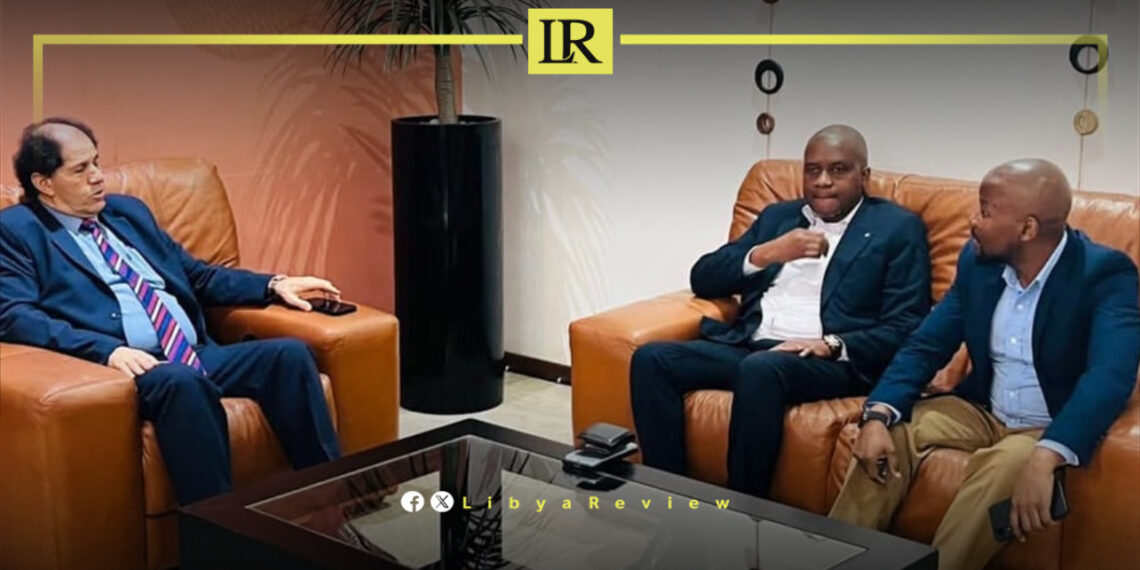A high-ranking delegation from the Libya Africa Investment Portfolio (LAIP) has arrived in Maputo, Mozambique, to negotiate the reclamation of a key agricultural project jointly established with Mozambique.
The delegation, led by LAIP Chairman Mustafa Abufanas, aims to restore Libya’s involvement in the 20,000-hectare rice farming project, “Bella Vista Rice,” valued at $30 million.
The project, launched in 2009 in the Matutuine district of Maputo province, was a collaborative venture between LAIP and Mozambique-based Ubuntu SA. However, Mozambican officials assumed control of the project in late 2020, disrupting its operations.
Sources indicate that the Libyan delegation is focusing on reestablishing control and fostering cooperative efforts to revive the project. The Bella Vista Rice initiative was designed to contribute to regional food security while strengthening economic ties between Libya and Mozambique.
Libya’s renewed efforts to reclaim its stake highlight its broader strategy to protect foreign investments and assert its economic footprint in Africa.
Libya has been in chaos since a NATO-backed uprising toppled longtime leader Muammar Gaddafi in 2011. The county has for years been split between rival administrations.
Libya’s economy, heavily reliant on oil, has suffered due to the ongoing conflict. The instability has led to fluctuations in oil production and prices, impacting the global oil market and Libya’s economy.
The conflict has led to a significant humanitarian crisis in Libya, with thousands of people killed, and many more displaced. Migrants and refugees using Libya as a transit point to Europe have also faced dire conditions.
The planned elections for December 2021 were delayed due to disagreements over election laws and the eligibility of certain candidates. This delay has raised concerns about the feasibility of a peaceful political transition.
Despite the ceasefire, security remains a significant concern with sporadic fighting and the presence of mercenaries and foreign fighters. The unification of the military and the removal of foreign forces are crucial challenges.


